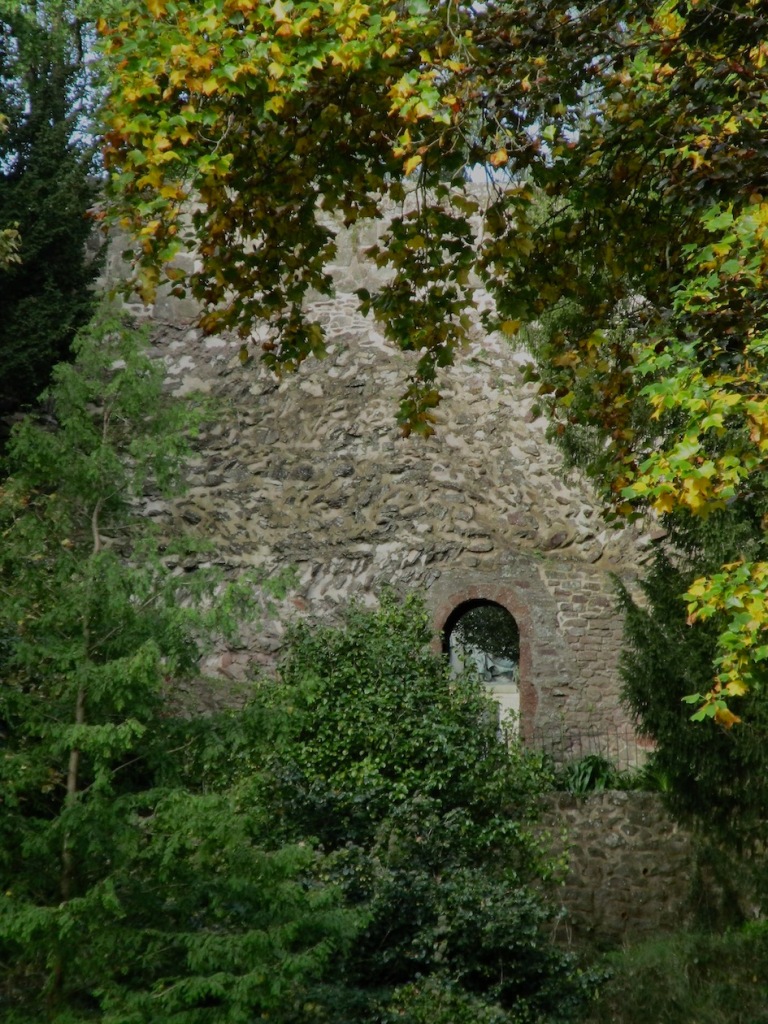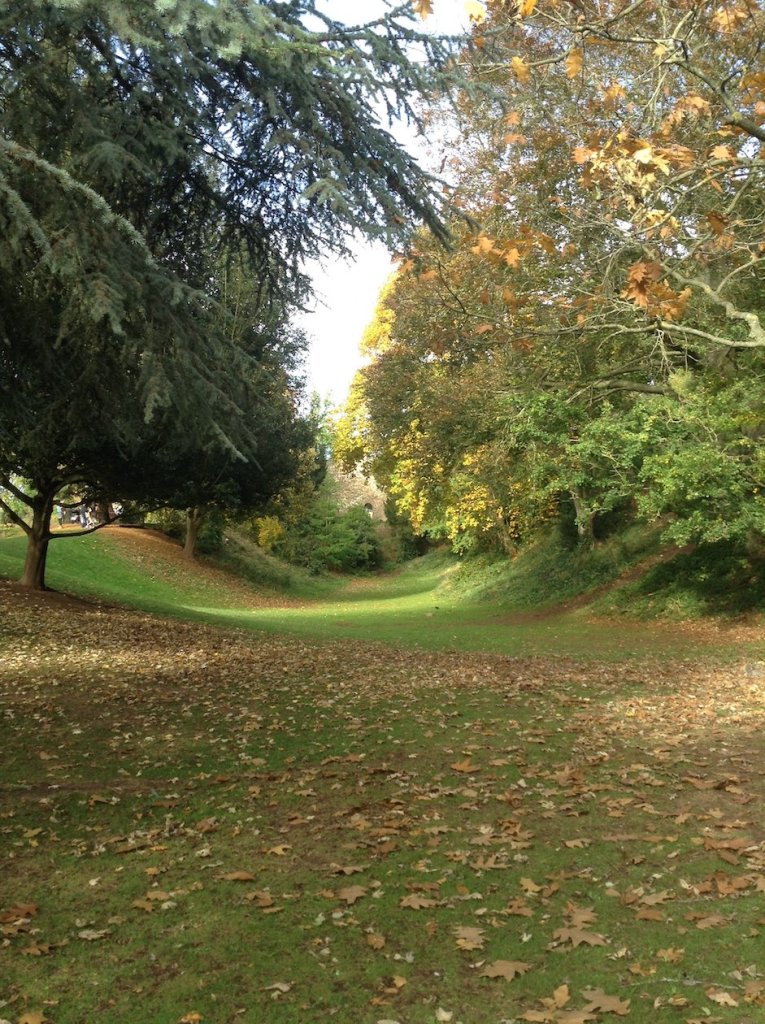As much as I love the energy and bustle of New York, at some point in my visits to that great city, I inevitably seek the quiet spaces. In this time of forced isolation due to the pandemic, many of us are looking for ways to safely connect with one another. Yet perhaps because so much of my lifetime has been spent in the mostly solitary pursuits of painting and writing, I still take comfort in solitude.

When walking in Central Park in autumn, it is easy to get away from crowds. It may not be the wisest thing to do, but I take the precaution of making sure there are a few other people about, enjoying the sights and sounds of nature in the urban oasis.

Neither the photo of Central Park nor the one of West 76th Street was taken in the midst of a quarantine. The day was a cool, sunny, pleasant one in mid-October, when a late morning stroll on Columbus Avenue meant being swept along in a current of a moving throng. By just turning a corner, I was suddenly in a different world.
The world in which we now find ourselves is a tricky one. As I sit at home, doing research for my next book, organizing data, writing, editing, reading, I still think about those quiet spaces, and wish with all my heart that we may all soon safely travel to them.
#AMoonGarden https://amzn.to/3bHEDgd









